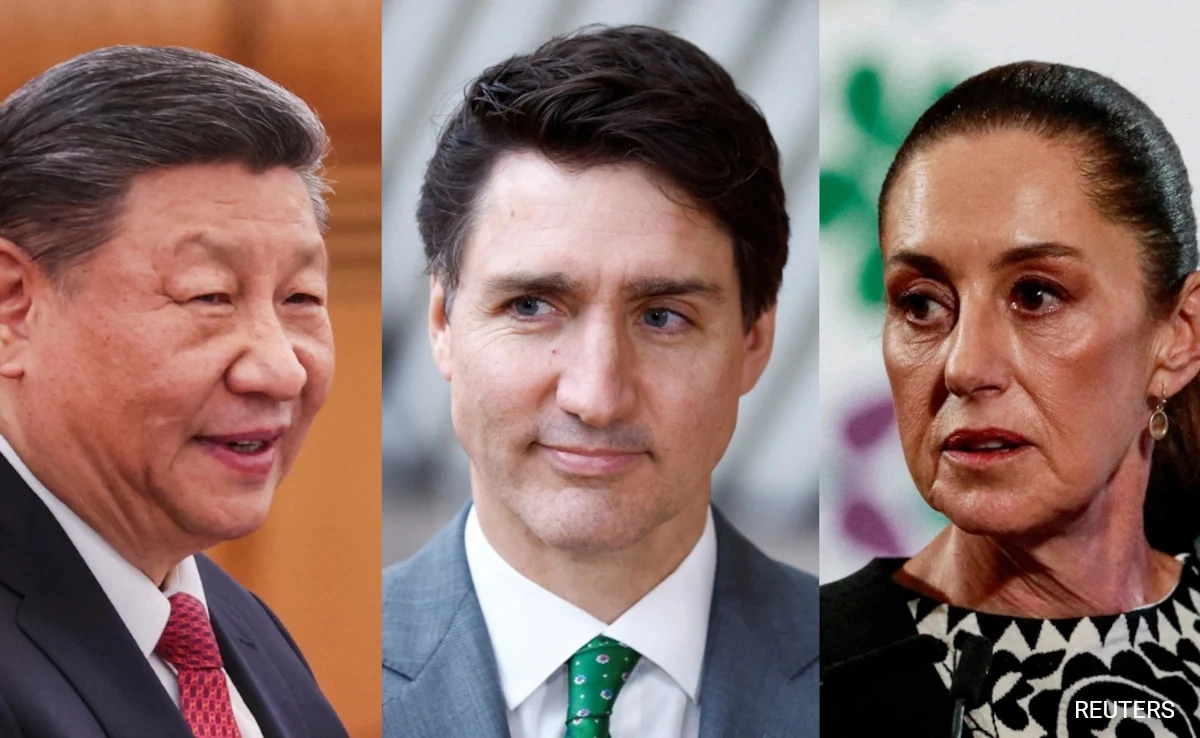In response to the tariffs imposed by the Trump administration, Canada has decided to take retaliatory measures aimed at safeguarding its economy and interests. The Canadian government has announced a series of tariffs on various U.S. goods, targeting products that are significant to American manufacturers and exporters. This move is intended to demonstrate Canada’s unwillingness to accept unilateral trade actions that could adversely affect its market.
Furthermore, both China and Mexico are closely monitoring the situation and preparing their own responses to the escalating trade tensions. China has indicated that it may implement counter-tariffs on American products, which could further complicate the already strained trade relationship between the two nations. Similarly, Mexico is also considering its options for retaliation, emphasizing the need to protect its economy from the impacts of U.S. tariffs.
As the trade war escalates, it raises concerns about the potential for an extended period of economic uncertainty and volatility in international markets. Countries are strategizing and recalibrating their trade policies to mitigate the negative effects of these tariffs. The global economy is interconnected, and the repercussions of such trade disputes can ripple beyond the immediate parties involved, affecting global supply chains and consumer prices.
This ongoing situation highlights the complexities of international trade and the challenges that countries face when dealing with protectionist policies. Stakeholders from various sectors are watching closely to see how these developments unfold and what additional measures might be taken by affected nations in the coming weeks and months. The outcome will likely influence future trade negotiations and relationships among the involved countries, shaping the landscape of global commerce for years to come.




